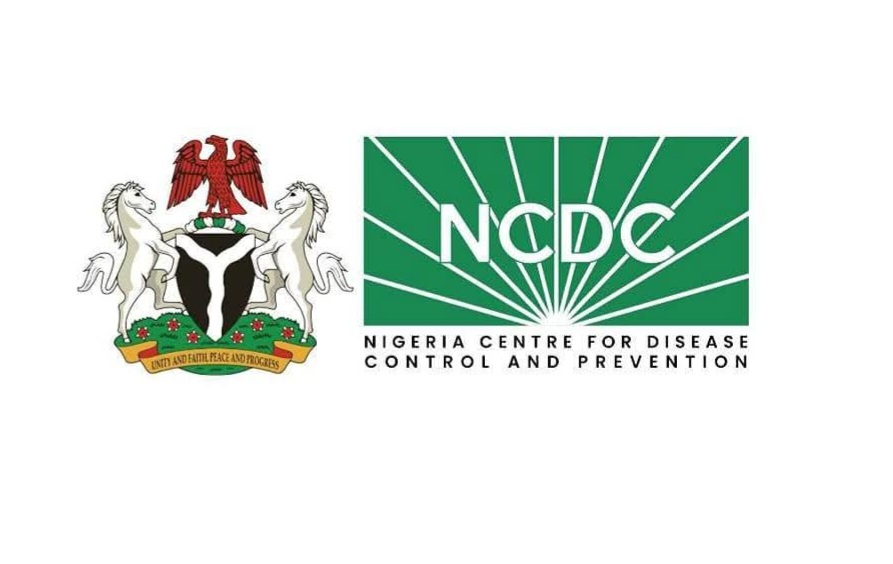
The Nigeria Centre for Disease Control and Prevention has warned of a possible outbreak of the Chikungunya virus in the country due to worsening environmental and climatic conditions.
The NCDC, in a public health advisory signed by its Director-General, Dr Jide Idris, on Friday, said although no confirmed cases of Chikungunya had been recorded in Nigeria in 2025, the risk of transmission is high.
Chikungunya is a viral disease transmitted by Aedes aegypti and Aedes albopictus mosquitoes — the same species that spread Dengue and Yellow Fever. Unlike the malaria-causing Anopheles mosquitoes that bite at night, Aedes mosquitoes bite during the day, especially in the early morning and late afternoon.
NCDC noted that the severe flooding across many parts of the country during the ongoing rainy season had created a favourable environment for mosquito-borne diseases, including Chikungunya, Dengue, and Yellow Fever.
“While no confirmed Chikungunya cases have been reported in Nigeria in 2025, the environmental conditions conducive to outbreaks are present, especially in flood-affected and high-risk states, and this requires proactive risk reduction. With the ongoing rainy season and increased flooding across parts of Nigeria, the risk of mosquito-borne diseases including Chikungunya, Dengue, and Yellow Fever is significantly heightened.
“This advisory builds on the NCDC’s earlier nationwide alert on flood related diseases such as Cholera, Yellow Fever, and Dengue fever. The preventive measures outlined in that advisory remain relevant and critical for reducing the risk of Chikungunya, Yellow fever and Dengue transmission as well.
“Therefore, preventive efforts must extend beyond night-time protection,” the agency added.
Citing global data from the World Health Organisation and the European Centre for Disease Prevention and Control, the NCDC said over 240,000 cases and 90 deaths had been recorded across at least 16 countries this year.
It said China alone had recorded nearly 5,000 cases since July, with Guangdong Province accounting for almost 3,000 cases in a single week.
While Nigeria has yet to confirm any case in 2025, the NCDC raised concerns over the global transmission, regional proximity, and risk of importation through trade and travel to affected areas.
It urged residents and authorities in high-risk areas to take preventive measures seriously to avoid a possible outbreak.
“To reduce the risk of mosquito-borne diseases, Nigerians are advised to use insecticide-treated mosquito nets while sleeping, wear protective clothing with long sleeves and trousers, and apply mosquito repellent on exposed skin, especially in the early morning and late afternoon,” it added.
NCDC also advised Nigerians to ensure proper environmental sanitation, eliminate standing water around their homes, empty containers, tyres, flower pots, and unblock gutters to prevent mosquito breeding, wash hands regularly, and seek prompt medical care when experiencing symptoms such as fever, rash, or joint pain.
The agency said it would continue working with the National Arbovirus and Vector Research Centre and other relevant stakeholders to strengthen vector surveillance, improve disease detection and support state governments and health workers in their response efforts.